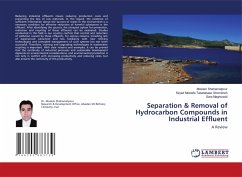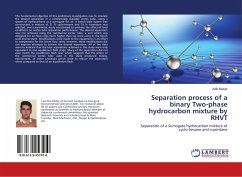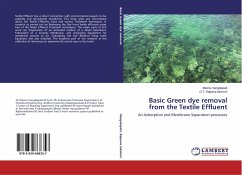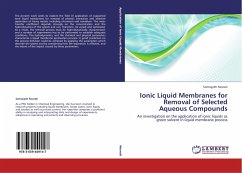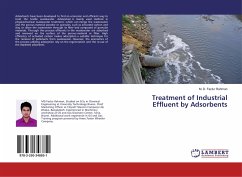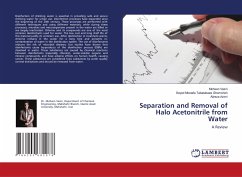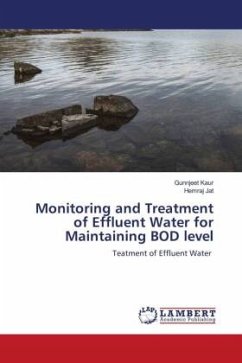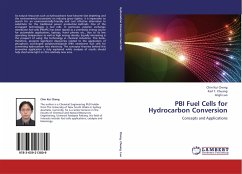Reducing industrial effluents means reducing production costs and preventing the loss of raw materials. In this regard, the existence of sufficient information about the sources of waste in the environment is a necessary condition for effective reduction of harmful substances in the effluent. After identifying the sources, the cheapest option for prevention, reduction and recycling of these effluents can be evaluated. Studies conducted in this field in our country confirm that control and reduction of pollution caused by these effluents, for various reasons, including lack of experienced personnel and less familiarity with new refining technologies and principled management of such systems has not been successful. Therefore, training and upgrading technologies in wastewater recycling is important. With clear reasons and examples, it can be proved that the continuity of industrial processes and sustainable development depends on environmental considerations, and environmental protection is not only in conflict with increasing productivity and reducing costs, but also ensures the continuity of this productivity.
Hinweis: Dieser Artikel kann nur an eine deutsche Lieferadresse ausgeliefert werden.
Hinweis: Dieser Artikel kann nur an eine deutsche Lieferadresse ausgeliefert werden.

